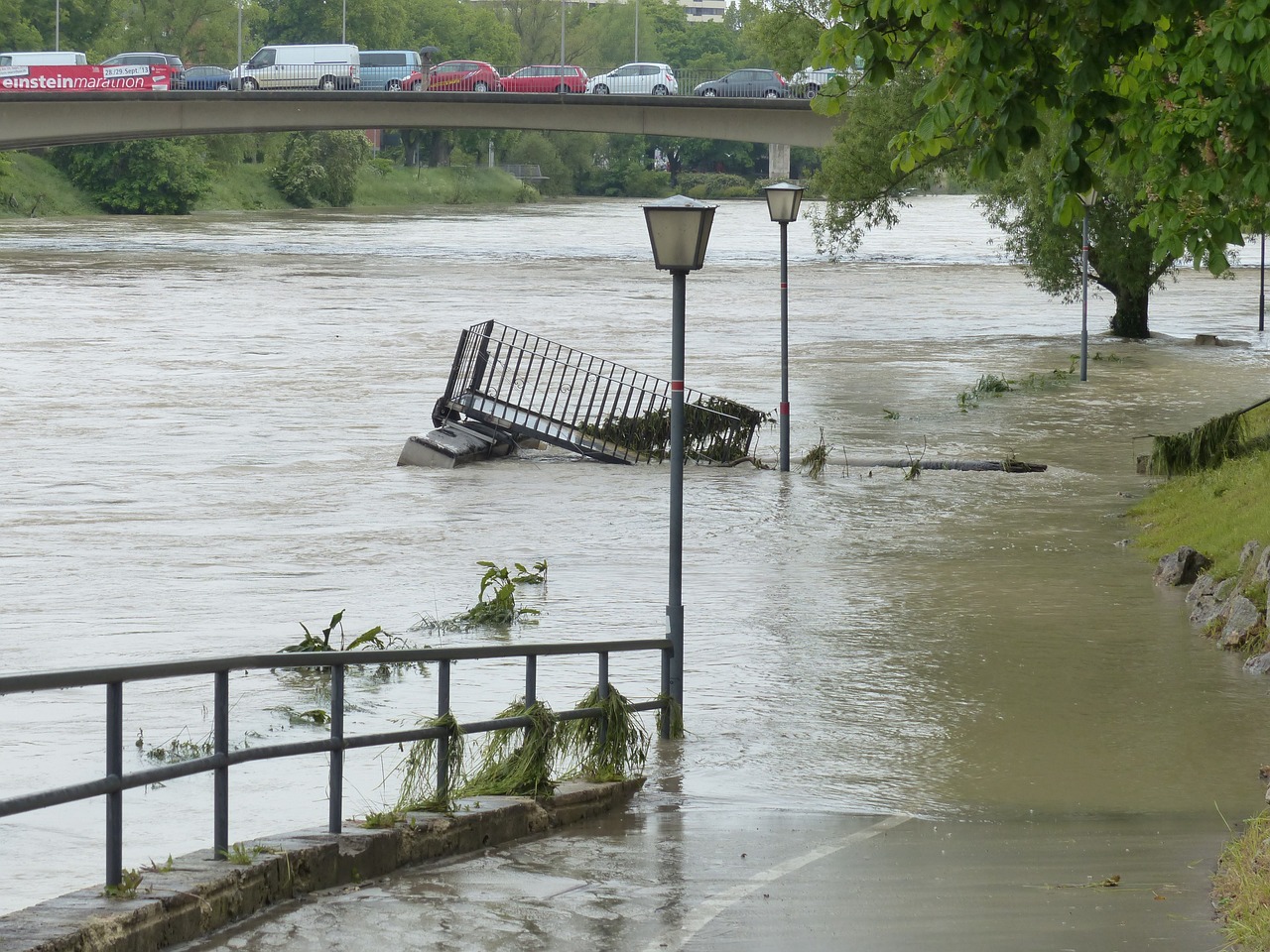Decarbonized Economy: Combating Climate Change
The greatest environmental challenge of our day is climate change, and public concern about it is growing. Since 195 countries agreed to limit the rise in global temperature to 2 ºC by the end of the century relative to pre-industrial levels and to pursue efforts to decrease it to 1.5 ºC, the 2015 Paris Agreement was a crucial step toward action.
Decarbonization means it is the primary reduction of carbon dioxide, carbon which releases into the atmosphere. Its goal is to create a low-emission global economy to transition to a climate-neutral energy system that further creates one decarbonized economy. Only an energy transition—a structural transformation that eliminates carbon from energy production—can lead to decarbonization. This entails a clean, alternative energy-based electrification of the economy that only emits what the world can absorb.
Achieve Decarbonized Economy with Consultation
Professionals can provide you with climate risk and decarbonization strategy that includes the following to help you accomplish your climate goals:
Advisory on Climate Risk: Consultants can assist you with measuring, quantifying, and evaluating risks and opportunities throughout supply chains under a variety of scenarios and understanding the impact on business performance. Stress testing for climate risks and analysis of funded emissions are related services.
Decarbonization Approaches Net Zero: From emissions measurement to implementation, monitoring, and reporting, you can get help in gaining strategic insight and operational value. A wide range of choices, including supply chain management, the circular economy, energy efficiency, and the purchase of renewable energy, support decarbonized economy.
Low-carbon Value Creation: Consultants give businesses advice on how to take advantage of fresh low-carbon business prospects, with a focus on enhancing the appeal of low-carbon products and services in the global market to create a decarbonized economy.
Investment and Low-carbon Financing: Opportunities for low-carbon funding and investment include fundraising, finding investment partners, and merger and acquisition possibilities. Organizations are advised on these parts of the low-carbon agenda. Both loan and equity-based options fall under the process of creating decarbonized economy.
Climate Policy Advice: Organizations can receive support for their operations in comprehending the changing regulatory environment related to climate change, including incentive programs and assisting businesses in understanding the opportunities and hazards associated with such changes.
Benefits of Decarbonized Economy
A Greener Future
Without a doubt, the impact that decarbonization will have on our world ranks as its top advantage. Now, anthropogenic activity is significantly impacting the environment and the plants and animals that live there. In addition to reducing global warming, cutting back on harmful emissions can help keep extreme weather under control and prevent us from reaching a point where there is no turning back.
Public Health: Of course, there are real health benefits from a decarbonized society that will directly affect us and our own progeny, so it’s not just our descendants who will gain from it. After all, employing cutting-edge technologies to track and lower the number of pollutants released into the air will not only combat climate change but also improve air quality.
Economic Consequences: The health effects of a carbon-heavy world are not only quantified by the number of hospitalizations and deaths, but also by the resulting financial impact on the government. Expanding low-carbon technology could provide $26 trillion in economic benefits by 2030, according to a study by the New Climate Economy.
Avail Consultation for a Successful Decarbonized Economy –
The assumption among policymakers and thought leaders that we must choose between combating climate change and having a secure energy system, fighting climate change, and allowing poorer nations to flourish, or between combating climate change and having a strong economy, is made far too frequently. A decade of sophisticated modeling, validated against historical data, has shown, however, that well-chosen policies may be put in place to avoid these seeming either/or decisions.
It is best to initially get advice from a specialist if you wish to establish such policies. They can guide you through the process, thoroughly explain the decarbonized economy, and assist you in making the best choice. With enough time, it will be simple to address climate change without sacrificing the economy.

